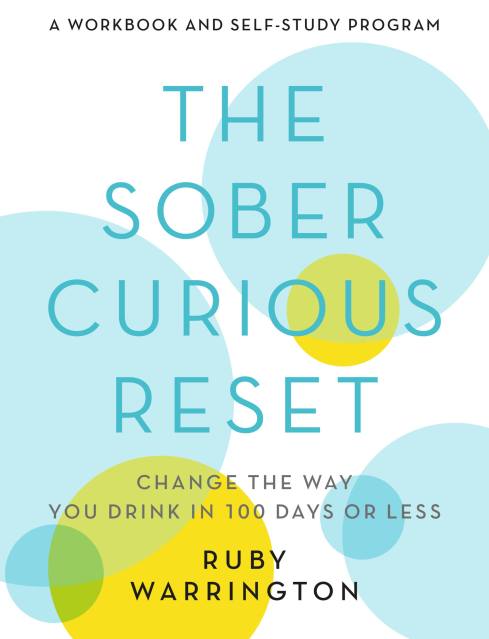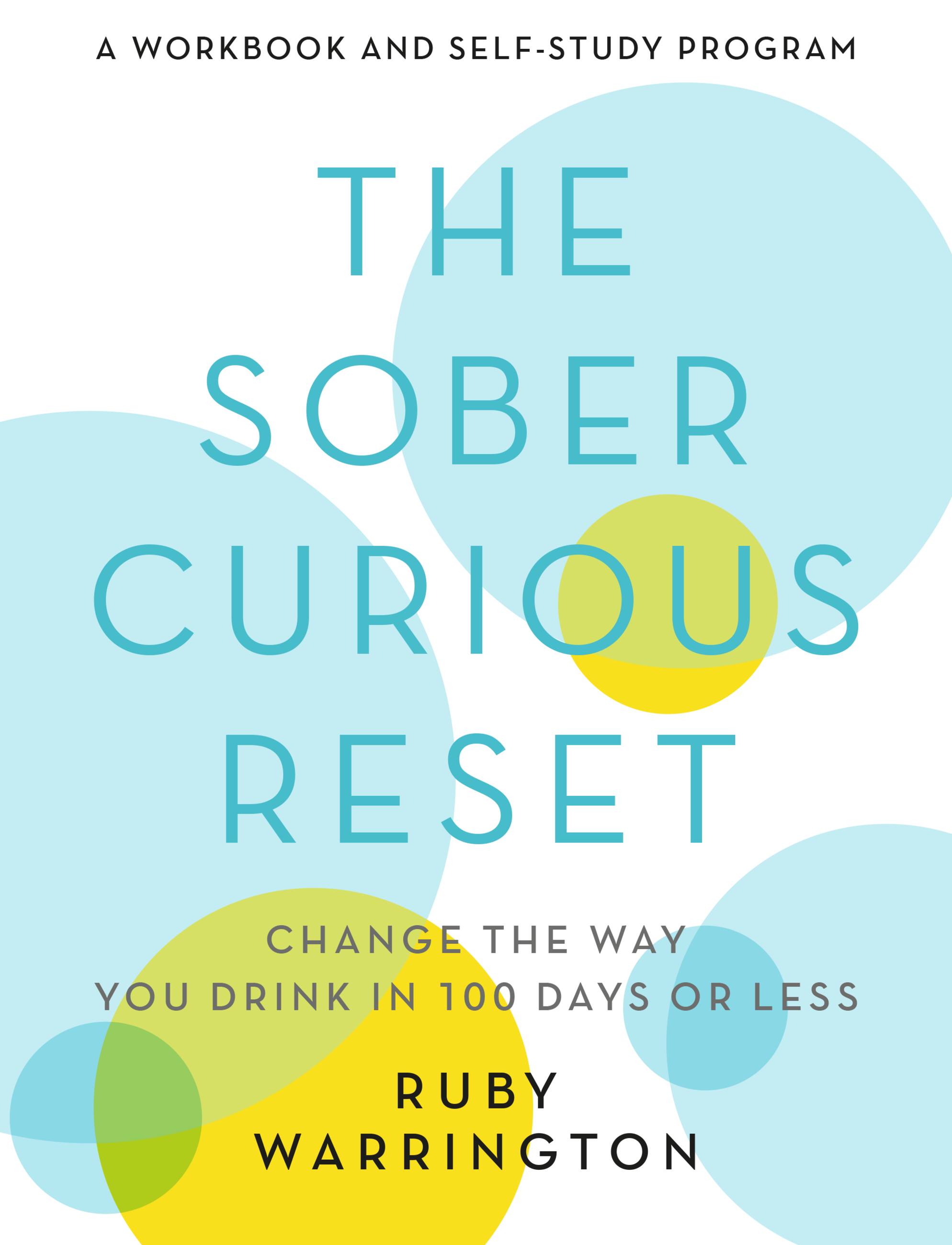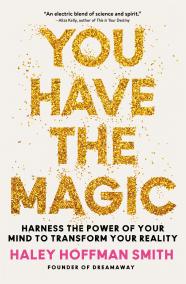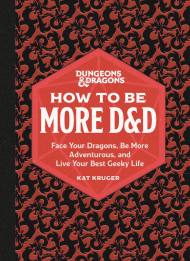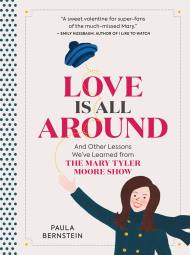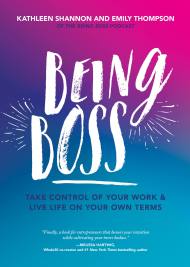By clicking “Accept,” you agree to the use of cookies and similar technologies on your device as set forth in our Cookie Policy and our Privacy Policy. Please note that certain cookies are essential for this website to function properly and do not require user consent to be deployed.
The Sober Curious Reset
Change the Way You Drink in 100 Days or Less
Contributors
Formats and Prices
- On Sale
- Dec 1, 2020
- Page Count
- 240 pages
- Publisher
- Running Press
- ISBN-13
- 9780762472697
Price
$11.99Price
$15.99 CADFormat
Format:
- ebook $11.99 $15.99 CAD
- Audiobook Download (Unabridged)
- Trade Paperback $19.99 $24.99 CAD
This item is a preorder. Your payment method will be charged immediately, and the product is expected to ship on or around December 1, 2020. This date is subject to change due to shipping delays beyond our control.
Buy from Other Retailers:
In this upbeat "reset" guide from the author of Sober Curious, a leading voice in the new sobriety movement walks through 100 days of discovering the joys of an alcohol-free lifestyle.
Ruby Warrington's 2019 book Sober Curious was an illuminating conversation starter that asked you to consider, "Would life be better without alcohol?" thus sparking a global wellness trend of "curiosity" on how to gain one's genuine confidence and happiness without the crutch of alcohol.
In The Sober Curious Reset, Rubygoes a step further by inviting you into a 100-day process of radically rethinking your drinking. Each "day" features observations, exercises, and insights, offering a more profound process of self-discovery than common month-long programs like Dry January or Sober September. Ruby's friendly, honest, and totally non-judgmental tone helps you unmask the deeper "whys" behind your drinking, understand why 100 days is so transformational, and how to create a truly sustainable shift in habits—and on to living a life with more presence, focus, and overall well-being.
The Sober Curious Reset is not about preaching total abstinence—rather, it's about empowering you to make the right drinking choices, whatever this may look like for you. Ruby's 100 days is all about changing your relationship to alcohol to lead a life with more clarity, confidence, and connection.
Ruby Warrington's 2019 book Sober Curious was an illuminating conversation starter that asked you to consider, "Would life be better without alcohol?" thus sparking a global wellness trend of "curiosity" on how to gain one's genuine confidence and happiness without the crutch of alcohol.
In The Sober Curious Reset, Rubygoes a step further by inviting you into a 100-day process of radically rethinking your drinking. Each "day" features observations, exercises, and insights, offering a more profound process of self-discovery than common month-long programs like Dry January or Sober September. Ruby's friendly, honest, and totally non-judgmental tone helps you unmask the deeper "whys" behind your drinking, understand why 100 days is so transformational, and how to create a truly sustainable shift in habits—and on to living a life with more presence, focus, and overall well-being.
The Sober Curious Reset is not about preaching total abstinence—rather, it's about empowering you to make the right drinking choices, whatever this may look like for you. Ruby's 100 days is all about changing your relationship to alcohol to lead a life with more clarity, confidence, and connection.
